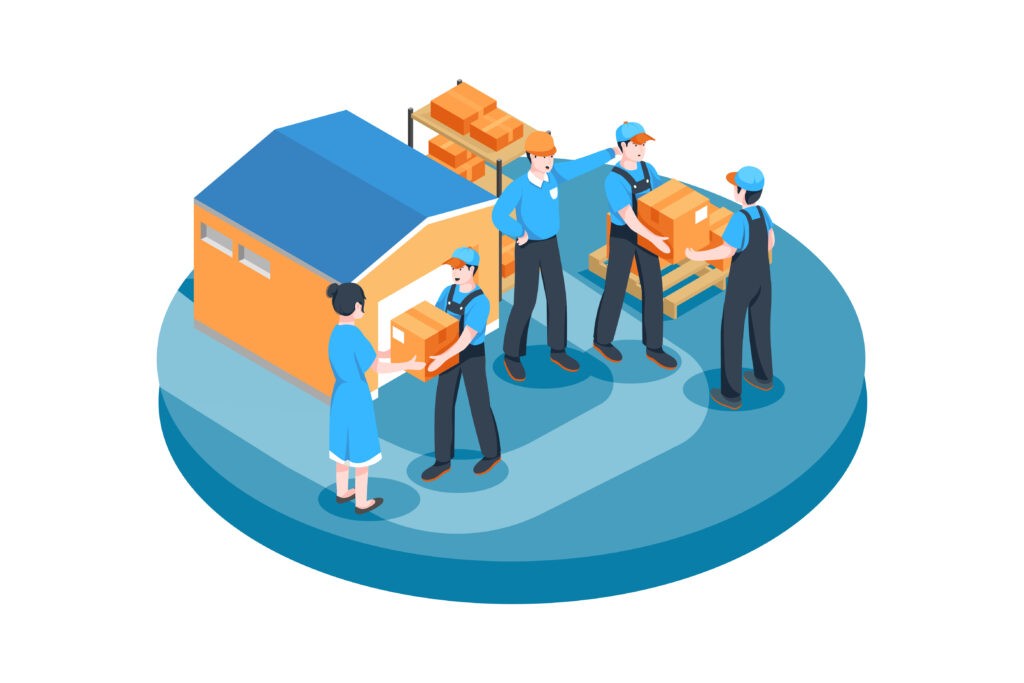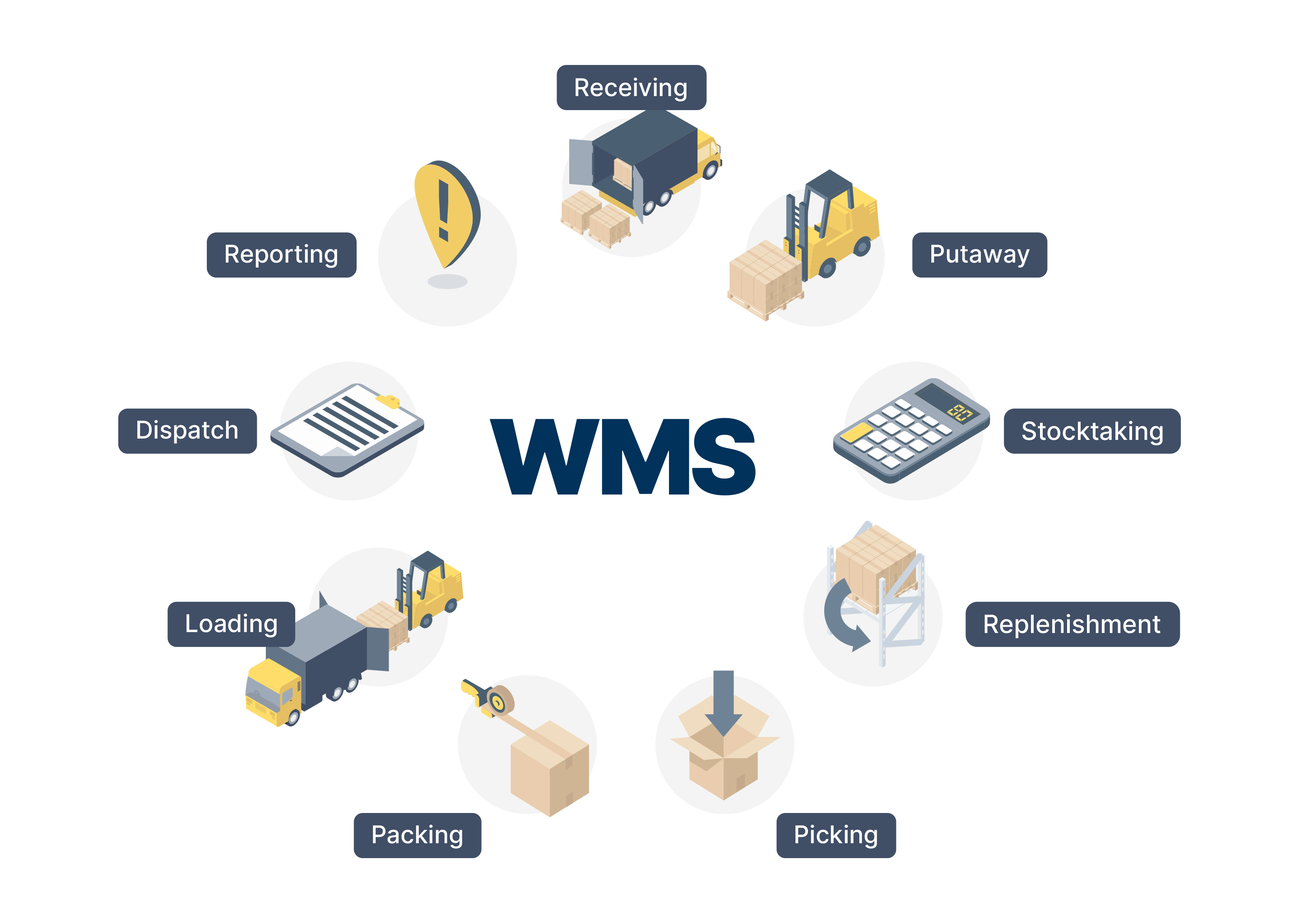
In today’s global trade environment, ensuring compliance with safety and security regulations is crucial for businesses importing goods into the UK. One of the key requirements in this process is the GB Safety & Security (ENS) declaration. Failure to submit accurate and timely ENS declarations can result in delays, penalties, and increased costs. In this article, we will explore the ENS declaration process in detail, including its importance, requirements, challenges, and how businesses can simplify compliance using software solutions like Modaltrans.
Why is ENS Important?
The ENS declaration plays a vital role in securing the UK’s borders and protecting supply chains. It allows customs authorities to pre-screen shipments and identify potential security risks before goods arrive. This proactive approach ensures compliance with international trade regulations and minimizes disruptions at ports and border crossings.
Without an ENS declaration, businesses may face severe operational setbacks, including cargo being held at customs or refused entry. In worst-case scenarios, penalties can add up to significant costs, impacting the overall profitability of trade operations.
What is an ENS Declaration?
The ENS (Entry Summary Declaration) is a mandatory pre-arrival notification submitted to the UK customs authorities before goods enter Great Britain. It contains key details about the shipment, including:
- Consignor and consignee information
- Description of goods
- Transport details
- Place of loading and unloading
- Customs tariff codes
- Carrier details and expected arrival time
The purpose of this declaration is to enhance supply chain security, allowing UK authorities to assess potential risks associated with incoming goods before they arrive at the border.
Who Needs to Submit an ENS Declaration?
ENS declarations must be submitted by the party responsible for bringing the goods into the UK. This is typically:
- The carrier (shipping line, airline, or haulage company)
- A freight forwarder acting on behalf of the carrier
- An authorized customs representative
For businesses that regularly import goods, understanding the ENS requirements is essential to avoid disruptions in supply chain operations.
When and How to Submit an ENS Declaration
The timing of ENS submissions depends on the mode of transport:
- Maritime deep-sea shipments: At least 24 hours before loading at the port of departure
- Short-sea shipping: At least 2 hours before arrival in the UK
- Air freight: At least 4 hours before arrival in the UK
- Road transport (via ferry or tunnel): At least 1 hour before arrival
ENS declarations are submitted electronically through the UK’s Import Control System (ICS). The process involves providing detailed shipment data and ensuring compliance with customs regulations.
 Common Challenges in ENS Declarations
Common Challenges in ENS Declarations
Many businesses struggle with ENS compliance due to:
- Complex Documentation: Multiple forms and codes can make the process overwhelming.
- Manual Errors: Mistakes in data entry can lead to delays and rejections.
- Strict Deadlines: Missing submission deadlines can result in fines and shipment hold-ups.
- Lack of Automation: Many companies still rely on manual processes, increasing the risk of errors and inefficiencies.
Consequences of Non-Compliance
Failure to submit an ENS declaration on time can lead to:
- Delays in customs clearance
- Additional inspections and security checks
- Financial penalties and fines
- Increased costs due to storage or rerouting
For businesses operating in high-paced logistics environments, such disruptions can significantly impact supply chain efficiency and customer satisfaction.
 How Modaltrans Simplifies ENS Declarations
How Modaltrans Simplifies ENS Declarations
Managing ENS declarations manually can be complex and time-consuming. This is where software solutions like Modaltrans come in. Modaltrans simplifies the ENS declaration process by:
- Automating Data Entry: Reducing manual errors and ensuring accuracy.
- Ensuring Timely Submission: Automatically sending ENS declarations before deadlines.
- Providing Real-Time Compliance Monitoring: Keeping track of regulatory changes and updating declaration requirements.
- Offering Seamless Integration: Connecting with existing logistics and customs management systems.
- User-Friendly Interface: Simplifies the declaration process for businesses of all sizes.
- 24/7 Support: Ensures businesses receive assistance whenever needed.
By using Modaltrans, businesses can streamline their supply chain operations, reduce compliance risks, and focus on growth without worrying about customs complications.
How to Get Started with ENS Compliance
For businesses looking to enhance their compliance with ENS declarations, here are key steps to follow:
- Understand ENS Regulations: Stay informed about customs requirements and deadlines.
- Use a Compliance Software: Adopt an automated solution like Modaltrans to handle ENS declarations efficiently.
- Train Your Team: Ensure staff members responsible for compliance are well-trained in ENS procedures.
- Perform Regular Audits: Regularly check declaration accuracy to avoid penalties.
- Monitor Shipment Status: Keep track of shipments to ensure timely arrivals and compliance.
Final Thoughts
The GB Safety & Security (ENS) declaration is a critical component of the UK’s import regulations. Understanding its requirements and ensuring compliance is essential for smooth and efficient trade operations. With the right tools, such as Modaltrans, businesses can simplify the process, minimize risks, and ensure their goods move seamlessly across borders.
If your business regularly imports goods into the UK, adopting an automated ENS declaration solution can help you stay ahead in the competitive logistics landscape. Contact Modaltrans today to learn more about how we can support your compliance needs.




SHARE